Apparently Eric had a friend in publishing whose job it was to read the slush pile. In two years, she only found one 'marginally plausible submission' to pass on to her boss. (One does wonder how she kept her job, when she clearly wasn't any good at it.) And now, these appalling amateur books would be loosed on readers, who had hitherto enjoyed a limited selection pre-filtered by experts in publishing. It would be a disaster! Readers would be unable to cope! Good books would be drowned in a tsunami of crap!
I went to a meeting run by IPR License this week. There were two agents on the panel, Andrew Lownie and Louisa Pritchard, and both of them said that self-publishing, even for those intent on a traditional contract, was a sensible thing for an author to do. Sitting in the bus on the way home, it came to me just how enormous the changes have been in the publishing industry in the short time I've been writing. Though some don't like what they see as the new orthodoxy, and outposts of insanity like AbsoluteWrite will die rather than change their minds, among those who work in publishing there's been something of a 180 degree turn.
(I must say, I'm not at all sure about this being patted on the head by literary agents. I rather liked being a wild free indie, an outcast from traditional publishing. Approval is not what I'm used to.)


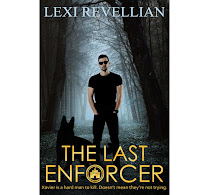
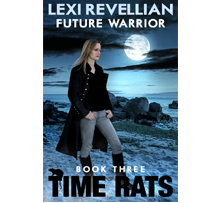
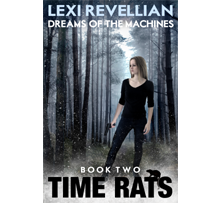
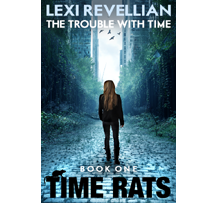

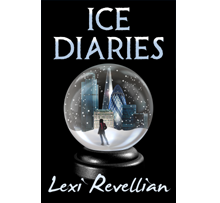





That is an interesting twist! I suppose what is happening now is that agents and publishers are using the self-published list as their slush pile. Tsunami of crap - hadn't heard it before - love it.
ReplyDeleteFiona, one thing you can trust the publishing industry to do is follow the money. They were all deeply struck by the phenomenal success of once-indie EL James. (Awful novels, but who cares? They made millions.)
ReplyDeleteAt last, agents can see which way the wind is blowing and have decided to join in, rather than standing on the sidelines. (Sorry, mixed metaphors ... no agent for me, then)
ReplyDeleteIt's interesting that agents have always had more incentive to keep in with publishers than their author clients who pay them. Perhaps this will change/is changing. Andrew Lownie remarked that authors should not make the mistake of believing their publisher was their friend.
ReplyDeleteInteresting, Lexi! Makes me wonder what things will be like a year from now :)
ReplyDeleteMaia, I can answer that. A year from now, things will be different. Possibly very different :o)
ReplyDeletePublishing is changing fast.
FYI, I am absolutely certain it was Lee Goldberg on Kindleboards who coined "tsunami of crap" a few years ago now.
ReplyDeleteIt is interesting to note that some big guns are now dipping toes in the Indie pond.
ReplyDeleteRebecca York for example
http://books.usatoday.com/happyeverafter/post/2012-08-16/rebecca-york-traditional-vs-indie-publishing/826289/1
Here are a few extracts from her recent comments:
Last year e-book sales surpassed sales of paperback originals. Sales of e-books on Amazon were more than those of print books
where does that leave traditionally published writers like me? With the market in chaos, we're getting lower advances, and some writers are getting booted out the door.
Unfortunately for me, most of the books I'd want to reprint (as e-books) were written for savvy publishers like Harlequin and Berkley who have held on to electronic rights.
But I do have another option: Publish new e-books myself.
I'm working my fledgling indie career into my more traditional publishing schedule for Harlequin Intrigue, Sourcebooks and Carina Press. To increase visibility, I've made the hero of Dark Moon a werewolf who's related to the werewolves in my Berkley Moon Series.
There are definite upsides to indie publishing. The biggest is that you get more of the profits.
Another benefit is that there's a direct consumer market for short stories and novellas, which were previously confined to magazines or anthologies.
One downside is that readers have to find your work among more than 70,000 e-book titles. Without the backing of a traditional publisher, you have to do all your own publicity.
Is it better to go indie and make bigger profits on each book, or stick with a print publisher's 6%-10% royalties? Since I never could figure out what I wanted to do when I grew up, I'm hedging my bets and working both sides of the street.
Thanks for the info, Eric.
ReplyDeleteQ, I've thought for a while that ideally an author would sit on a three-legged stool, indie, trad and Amazon. Of those three, indie is now the only option readily available to new writers - a big change from when books were laboriously typed on a typewriter and the slush pile was tiny by comparison with today's.